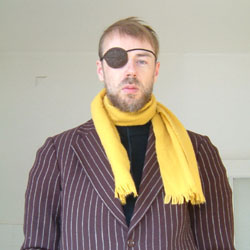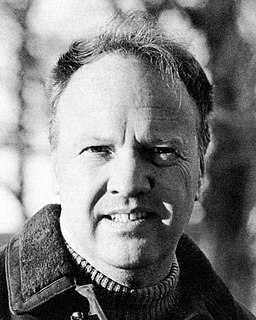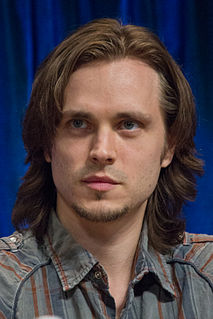A Quote by Momus
Pablo Picasso said, "Art is the lie that tells the truth," and it's not a terribly radical statement. It's always been that you can tell truth through fiction. And this idea also comes from nuclear physics.
Related Quotes
We writers – and especially writers for children, but all writers – have an obligation to our readers: it's the obligation to write true things, especially important when we are creating tales of people who do not exist in places that never were – to understand that truth is not in what happens but what it tells us about who we are. Fiction is the lie that tells the truth, after all.
A writer has to take all the risks of putting down what he sees. No one can tell him about that. No one can control that reality. It reminds me of something Pablo Picasso was supposed to have said to Gertrude Stein while he was painting her portrait. Gertrude said, “I don’t look like that.” And Picasso replied, “You will.” And he was right.
It’s not enough to be able to lie with a straight face; anybody with enough gall to raise on a busted flush can do that. The first way to lie artistically is to tell the truth — but not all of it. The second way involves telling the truth, too, but is harder: Tell the exact truth and maybe all of it…but tell it so unconvincingly that your listener is sure you are lying.



































